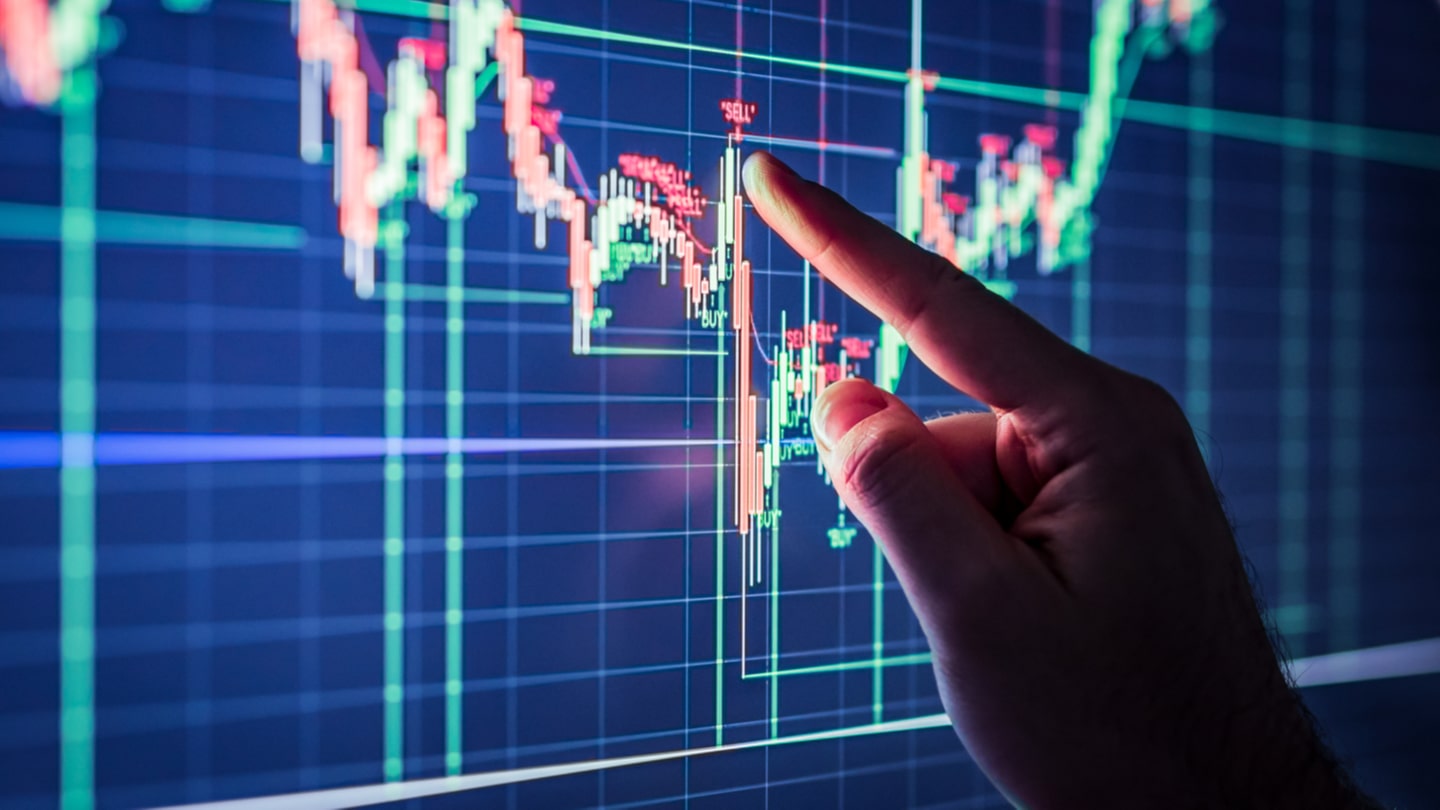With so many tools available, why are so many investors turning to futures day trading? If you’re new to futures trading or just don’t understand it, this article will answer that question as well as give you an idea of what futures day trading is all about. The futures market, which is a futures day trading for short, is a marketplace where contracts to buy a specific quantity of a particular commodity are sold or traded. This market is utilized by financial institutions, manufacturers, businesses, and consumers to fulfill their needs for the commodities in real time.
The futures market is utilized for both speculators and hedgers.
Speculators use futures contracts to protect themselves against fluctuations in the price of certain stocks or other assets. A good example of this is the oil company Royal Dutch Shell. They have millions invested in their exploration and production, and if the price of the oil fluctuates significantly, they can unload their holdings and take advantage of the profit made by selling their securities in the futures market.
Hedgers sell the physical commodity – See: https://www.cmegroup.com/education/courses/introduction-to-futures/understanding-the-role-of-hedgers.html
Futures brokers provide traders with leverage.
Leverage is a means of increasing your potential return through the use of a lower initial investment. This leverage can be used to increase your return, while at the same time decreasing your potential risk. Futures brokers provide all the tools necessary for traders to successfully leverage their positions. Some of these tools include spot forex trading, forward contracts, and futures brokers.
To take advantage of the futures day trading system, you need to find a broker.
There are currently over 400 brokers offering futures day trading platform and all of them have an independent reputation for quality service. Each broker has their own strengths and weaknesses. You need to do research and speak with friends and colleagues to help you determine which broker is best for you and your needs.
The second step to futures trading is to find a good day trading platform.
Traders need a place to place their trades, and a futures trading platform is usually the only way to make a profit. The most important factor to look for in a futures trading platform is ease of use. Make sure that there are sufficient tutorials available to help you. You should also be able to test the platform yourself before making a long term commitment.
Stocks and options can both be traded on futures trading.
You can trade stocks for either short term or long term gains. Some people prefer to trade stocks on their own account, while others prefer to use futures brokers to execute their trades. If you decide to trade on your own, then it is important to know how to select and buy stocks. Always know which stocks are expected to perform well, or you could lose money all together.
Another factor that makes retail investor accounts lose money when trading cards is because they fail to execute properly. The main reason for this is poor communication between the futures trader and the exchange. Futures brokers do not always communicate information quickly, and sometimes exchange can become backlogged. This is especially true for CFDs where margin requirements can increase without notice. To avoid this problem, take the time to learn how to communicate with your CFD broker, either through online chat or phone.
CFDs are not suitable for novice traders, since they involve large sums of money that can easily be lost if the trader becomes careless. To start trading futures, you need to at least have a basic knowledge of how the markets operate. As you become more experienced, you can begin to trade small quantities of small-sized CFDs. But even after you have been trading on small-sized CFDs for some time, you should still stick to the main idea of risk control and never risk more than you can afford to lose.






Leave a Reply